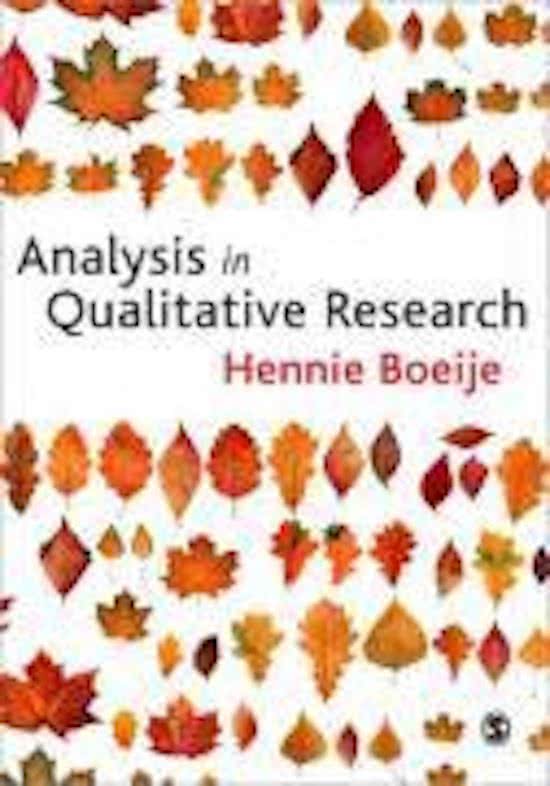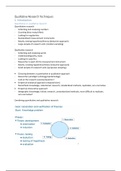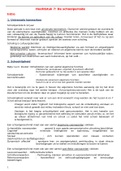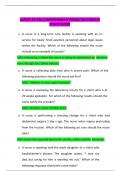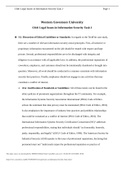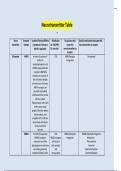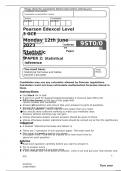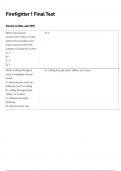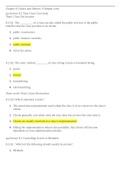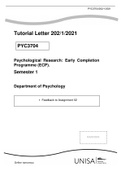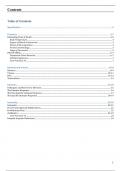1. Introduction
Quantitative vs. qualitative research
Quantitative research
- Collecting and analysing numbers
- Counting (how many/often)
- Looking for regularities
- Standardized measurement instruments
- Mostly: testing hypothesis/theory (deductive approach)
- Large sample of research units (random sampling)
Qualitative research
- Collecting and analysing words
- Understanding (why, how)
- Looking for specifics
- Researcher is (part of) the measurement instrument
- Mostly: creating hypothesis/theory (inductive approach)
- Small sample of researach units (purposive sampling)
• Choosing between a quantitative or qualitative approach
- Researcher paradigm (ontology/epistemology)
- Look at the research purpose/question!
• Emperical-analytical approach (neopositivism)
- Nomothetic knowledge, reductionist research, standardized methods, replicable, non-normative
• Emperical-interpretive approach
- Ideographic knowledge, holistic research, unstandardized methods, more difficult to replicate,
non-normative?
Combining quantitative and qualitative research.
,Characterisitics of qualitative research
- Looking for meaning
- Using flexible research methods
- Providing qualitative findings
Grounded-theory appraoch
Systematically collecting and analysing data step-by-step in order to develop theory
Qualitative data-sources & methods
Quality criteria of qualitative research
Reliability → will repeated measurements yield the same results?
Internal validity → do we really measure what we want to measure (measurement validity)? Are our
conclusions correct?
External validity → can we generalize the conclusions based on our sample to the population (and
other populations / situations)?
Example exam question
Its about flexible research
methods.
Not strictly seperated.
➔D
, 2. Reserach process
The qualitative research process
Ensuring quality → reliability, internal validity, external validity in every step!
Literature review
Why do a literature review?
- To find out what is already known on your topic
- To identify a knowledge gap
- To formulate a proper research purpose and question
- To learn about limitations/opportunities in the field
- To facilitate the development of measurement instruments
- To facilitate the data-analysis (e.g. identifying definitive and sensitizing concepts, deductive
codes)
Different types of literature reviews:
- Traditional (non-systematic) literature review
- Systematic literature review
- Meta-synthesis (qualitative)
- Meta-analysis (quantitative)
Formulating research purpose and questions
Based on the research purpose, research can be calssified as:
- Fundamental or applied
- Descriptive or explanatory
The objective of this research is to increase the sales of vegetarian meat substitutes by finding out
- How customers of supermarkets perceive vegetarian meat substitutes
- What factors are preventing customers of supermarkets from buying vegetarian meat substitues
How can questions → qualitative research – students make often faults with formulating this type of
questions

